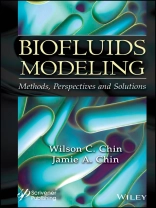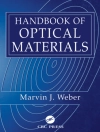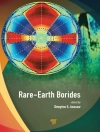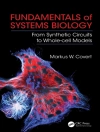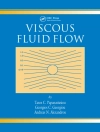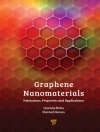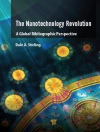BIOFLUIDS MODELING
The first book offering analytical and modern computational solutions to important biofluids problems, such as non-Newtonian flows in blood vessels, clogged arteries and veins, bifurcated arteries and veins, arbitrary stent geometries, tissue properties prediction, and porous media Darcy flow simulation in large-scale organ analysis, this is a must-have for any library.
This book introduces new methods for biofluids modeling and biological engineering. The foregoing subjects are treated rigorously, with all modeling assumptions stated and solutions clearly derived. But that’s not all. Key supporting physics-based ideas, algorithmic details, and software design interfaces are equally emphasized, in order to support our overriding objective of getting the anatomical and clinical information that physicians need.
Importantly, this volume provides a self-contained exposition that includes all required biological concepts, plus the background preparation needed in fluid mechanics, basic differential equations, and modern numerical analysis. The presentation style will appeal to medical practitioners, researchers, biomedical engineers, and students interested in quantitative fluid flow modeling, as well as engineering students eager to learn about advances in a rapidly growing and changing biological science. As such, the book represents ‘must-reading’ suitable at the advanced undergraduate level, and motivated readers should be able to embark on related research following guided study.
Giới thiệu về tác giả
Wilson C. Chin, Ph D, has published over twenty books with Wiley-Scrivener and other leading book publishers, more than one hundred papers for scientific and scholarly journals, and holds four dozen patents. He is the recipient of five awards from the United States Department of Energy in fluid and computational physics, and he has developed engineering flow simulation models for numerous Fortune 500 companies.
Jamie A. Chin, a biologist affiliated with the Beijing International School, is expanding her research interests, recently publishing innovative biofluids approaches that model complicated clotting effects in non-circular distorted blood vessels and complex multi-branched arterial systems.
